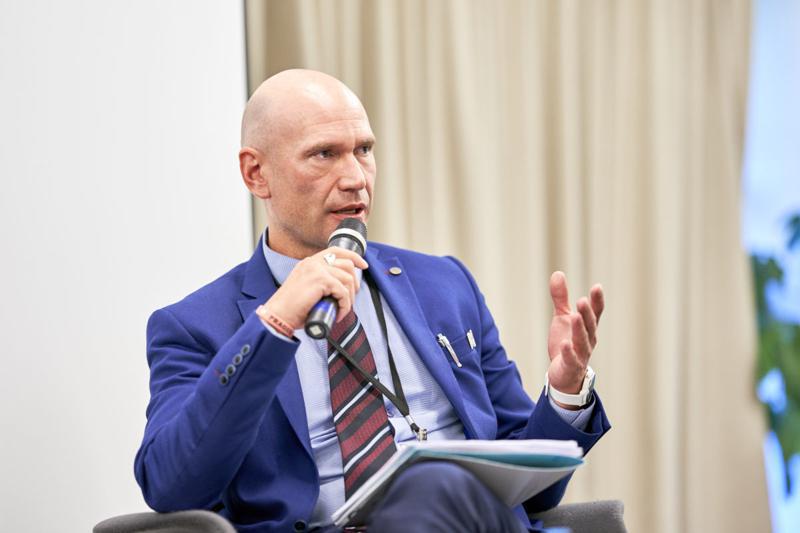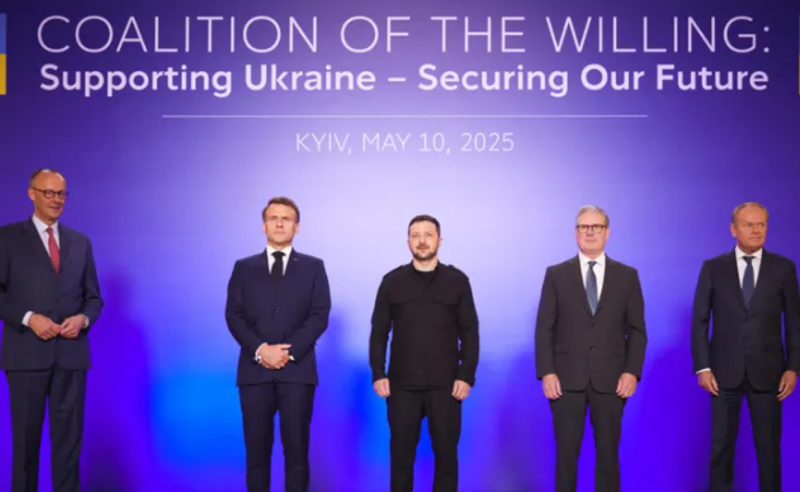
Tripartite agreement - All these aspects would challenge American interests and role it can play in region, including as partner to Georgia
14/01/2021 16:31:05 Caucasus
The leaders of Armenia, Azerbaijan, and Russia met on January 11 in Moscow and agreed to create new, joint transportation infrastructure.
Following the talks Russian President Vladimir Putin, Armenian Prime Minister Nikol Pashinyan and Azerbaijani President Ilham Aliyev made a joint press appearance and released a four-point agreement to create a list of projects to begin working jointly on “unblocking” the region’s borders.
Benefits and risks for Georgia
As President of the Baltic Security Foundation, Olevs Nikers told the Accent, the model can benefit Georgia if it brings down the likelihood of renewed hostilities between Baku and Yerevan. However, on the other hand, the move will allow Armenia to break the Georgian regional transit monopoly:
"On the one hand, lifting the blockade of Armenian transit provides economic incentives to keep peace and improve the relationship of Armenia and Azerbaijan. The development of inter-regional and international trade involving Armenia can strengthen the regional stability in the long run. This model has worked for the European Union, as enjoyed by the Baltic States as well. This is also one of the motives behind the series of recently concluded Israeli-Arab diplomatic agreements. This can benefit Georgia if it brings down the likelihood of renewed hostilities between Baku and Yerevan.
On the other hand, the move will allow Armenia to break the Georgian regional transit monopoly that was created by Turkish and Azerbaijani blockade of Armenian transit links for the last three decades."
As Nickers said, “Armenia will share any benefits out of the opened transit corridors with Russia, as Armenian railways are operated by Russian Railway.":
"So Armenia will benefit only as much as for the Armenians who are employed by the railway, businesses that may be able to use the renewed routes, as well as the government in terms of any import or transit tariffs. Turkey would also look favorably on this as a tool for enhanced cooperation with Azerbaijan."
As for Georgia, Nickers believes that "Tbilisi may want to get involved to have its business interests represented. Simultaneously, such a framework would require increased cooperation with Russia and necessitate compromises that would divide the Georgian society. Extended cooperation with Turkey and Azerbaijan may be advised to avoid being sidelined by possible wrathful Russian strategies, such as politically motivated cargo diversion."
He emphasized that there is also a wider geopolitical context.
"Moscow, via the state controlled railway operator, will gather not only a significant share of the potential income, but also an increased presence with regard to strategic infrastructure connected to the railways. New connections may strengthen Russo-Iranian relations by providing another way for Tehran how to avoid isolation and another friend for Moscow in the Middle East. Beyond that, it may expand the relations of Russia with Pakistan and India. All these aspects would challenge the American interests and the role it can play in the region, including as a partner to Georgia," Nickers added.
News
News
შემოგვიერთდით
2021






